The New Catch Up Contribution Rules: What High Earners Must Know for 2026
Big changes are coming for retirement savers, especially high earners, starting in 2026. A little known but important provision in the SECURE 2.0 Act is about to shake up how Americans make catch up contributions to their 401(k) plans. If you are age 50 or older and earning more than $145,000, this rule directly affects you.
At One Advisory Partners, we are already helping clients adjust their retirement savings strategies to get ahead of this change. Here is what you need to know and how to prepare.
What’s Changing in 2026?
Under current rules, individuals age 50 and older can make catch-up contributions to their workplace retirement plans. In 2024 and 2025, this amount is $7,500 (on top of the standard $23,000 contribution limit).
But starting in 2026, if you earned more than $145,000 in the previous year, your catch-up contributions must go into a Roth account — meaning you will no longer receive a tax deduction for those extra savings.
Here is a quick breakdown:
Who is affected? Workers age 50+ earning over $145,000 from the same employer in the prior year
What is changing? Catch-up contributions must be made as Roth (after-tax), not pre-tax
When does this take effect? January 1, 2026
Why This Matters for High Earners
If you are a high earner, the loss of pre-tax deductions for catch-up contributions could:
Increase your current taxable income
Reduce the appeal of traditional catch-up contributions
Require you to reassess your Roth strategy and retirement tax planning
While Roth contributions grow tax-free, the up-front tax hit means you will need to be more strategic about how and when you contribute.
What Should You Do Now?
This rule may seem like a minor tweak, but for many professionals in their peak earning years, it has meaningful implications. Here is how to start preparing:
1. Review Your Current Retirement Plan Setup
Many employer-sponsored plans do not currently offer Roth options for catch-up contributions
Make sure your plan is updating its systems in time for 2026
Ask your HR or plan administrator if Roth catch-up functionality will be added
2. Evaluate Roth vs. Traditional Contributions Holistically
Depending on your current tax bracket and expected future income, Roth contributions might be a great deal or a costly decision
We help clients run multi-year projections to assess the long-term tax impact
3. Coordinate With Tax Strategy
This rule change makes integrated tax planning more important than ever
If your taxable income increases due to Roth catch-up rules, you may need to:
Adjust withholdings or estimated taxes
Reevaluate charitable giving or deductions
Look at Roth conversions while tax rates are still relatively low
4. Maximize Employer Contributions
While this rule affects your elective catch-ups, it does not change employer matches or non-elective contributions
Make sure you are still receiving the full benefit
5. Plan for Future Rule Changes
This is one of several SECURE 2.0 provisions phasing in through 2027
We help clients stay on top of changes so they do not get blindsided
The Bigger Picture: What It Means for Retirement Planning
The shift to Roth catch-ups reflects a broader trend: the government is encouraging more after-tax retirement savings. That means your retirement strategy should not just focus on how much you save, but where and how those savings grow.
At One Advisory Partners, our flat-fee, fiduciary model ensures you get advice tailored to your financial picture — not influenced by commissions or product sales. We help you:
Optimize tax efficiency across account types (Roth, traditional, taxable)
Coordinate savings with income, healthcare, and estate planning goals
Adjust as tax laws and retirement rules evolve
Final Thoughts
This new catch-up rule may not dominate headlines, but it could quietly reshape how high-income professionals approach their final years of retirement saving. Do not wait until 2026 to find out you were unprepared.
Get Ahead of the Roth Rule Change
Need help adjusting your retirement plan before the 2026 catch-up rule kicks in? Contact One Advisory Partners for a no-pressure consultation. We will help you stay proactive, strategic, and confident about your next chapter.

